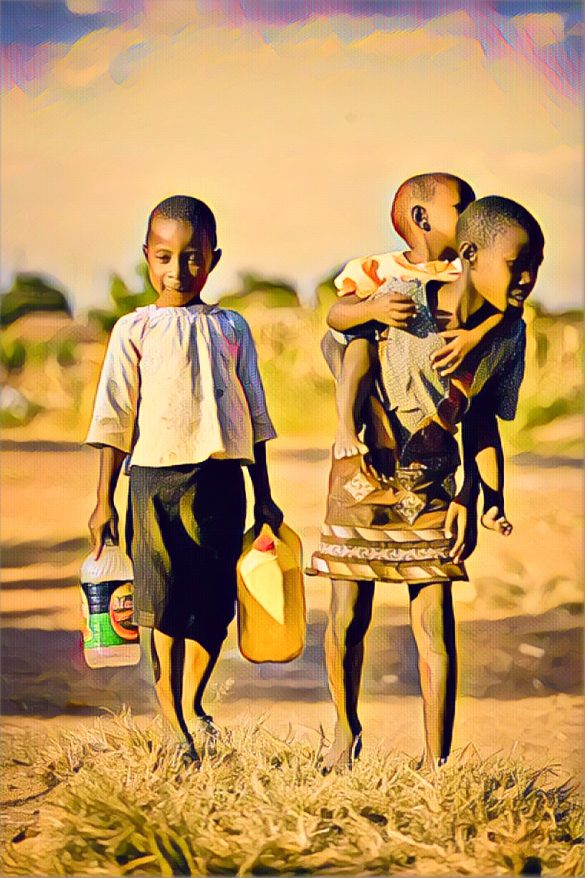Amidst the escalating climate crisis, the United Nations Committee on the Rights of Children (UNCRC) warns that children are disproportionately affected and sidelined in climate mitigation efforts. Climate change, a profound shift in long-term weather patterns, is unleashing a cascade of disasters like floods, droughts, storms, and heatwaves. Children, who have the least role in causing this crisis, find themselves at the forefront of its dire consequences.
In a joint statement, the United Nations Children’s Emergency Fund (UNICEF), in collaboration with the Ministries of Public Service, Labour and Social Welfare, and Environment, Climate and Wildlife, declared climate change a child rights crisis. The UNCRC, through its General Comment No. 26, explicitly recognizes children’s right to a clean, healthy, and sustainable environment.
This powerful Convention, ratified by 196 states, including Zimbabwe, lays down universal rights for children, encompassing life, survival, and development. The new “General Comment No. 26 on children’s rights and the environment with a special focus on climate change” provides vital guidance to protect children in the face of environmental peril.
This framework urges countries, Zimbabwe included, to prioritize children’s rights impacted by climate change, encompassing protection from violence, access to education, nutrition, safe water, and a sustainable environment. Significantly, it holds states responsible not just for immediate harm but also for future violations arising from today’s actions or inaction.
A key focus of the comment is addressing the disproportionate harm faced by children in disadvantaged circumstances, ensuring no child or place is left behind. The 196 states that ratified the Convention are urged to act swiftly. This includes transitioning to renewable energy, improving air quality, securing clean water access, adopting sustainable agriculture, and safeguarding biodiversity.
The UNCRC General Comment No. 26 underscores the importance of involving children in environmental decision-making and highlights the critical role of climate and environmental education in empowering them to advocate for their rights and protect themselves from harm.
Furthermore, it aligns with the Paris Agreement, asserting that countries must consider child rights when combating climate change. It emphasizes the necessity of child rights impact assessments for all environment-related decisions, along with periodic reporting to the UN Committee on progress in safeguarding children’s environmental rights.
Zimbabwe demonstrates commitment through legislative policies, including the National Climate Policy and its child-friendly version, revised Nationally Determined Contributions, and the draft National Adaptation Plan. The government and its partners are ensuring children’s voices are heard in climate discussions and strategies.
Efforts also extend to disaster risk management in schools, climate-resilient infrastructure, renewable energy, water supply, and environmental education, promoting environmental stewardship among Zimbabwe’s youth through initiatives like the Clean Green Initiative.
In conclusion, the UNCRC’s General Comment No. 26 serves as an urgent call for nations to prioritize children’s rights amidst the climate crisis. By safeguarding their rights and involving them in climate action, we can build a more sustainable and hopeful future for the youngest generation.
[Source: NewZimbabwe.com]


